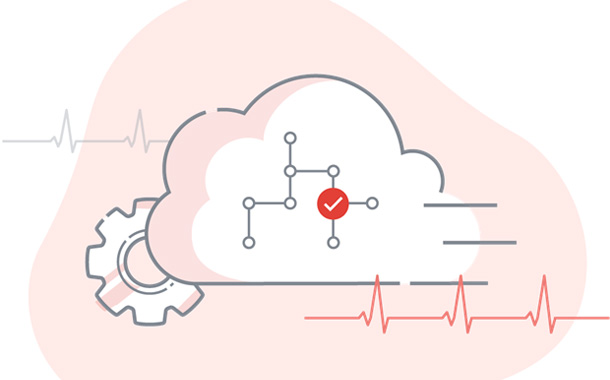IT Operations Trends to Be Discussed at the Gartner IT Infrastructure, Operations Management & Data Center Conferences in London and Las Vegas
The growth of digital business and the Internet of Things (IoT) is expected to drive large investment in IT operations management (ITOM) through 2020, according to Gartner. A primary driver for organizations moving to ITOM open-source software (OSS) is lower cost of ownership.
“While acceptance of OSS ITOM is increasing, traditional closed-source ITOM software still has the biggest budget allocation today. Moreover, complexity and governance issues that face users of OSS ITOM tools cannot be ignored. In fact, these issues open up opportunities for ITOM vendors. Even vendors that are late to market with ITOM functionality can compete in this area,” said Laurie Wurster, research director at Gartner.
Gartner believes many enterprises will turn to managed ITOM or ITOM as a service (ITOMaaS) enabled by open-source technologies and provided by a third party. With OSS, vendors can provide more cost-effective and readily available ITOM functions in a scaled manner through the cloud.
Through 2020, public cloud and managed services are expected to be leveraged more often for ITOM tools, which will drive growth of the subscription business model for both cloud and on-premises ITOM. However, on-premises deployments will still be the most common delivery method. This imposes multiple challenges to incumbent ITOM vendors. First, those vendors that do not offer a cloud delivery model will face continuous cannibalization from ITOM vendors that can deliver ITOM through both cloud and on-premises.
Second, platform vendors, such as Microsoft Azure and Amazon Web Services (AWS), are providing some native ITOM functionalities on their public clouds. Customers that are running workloads solely on these platforms may prefer these native features. There are also “hybrid” requirements for ITOM tools that can seamlessly manage both cloud and on-premises environments.
Future of Cloud Services and OSS for ITOM
“Customer demand has driven traditional software vendors to transform and adapt to the changing technology and competitive landscapes. Competitive pressure from cloud (SaaS offerings) and commercial OSS (offerings with a free license plus paid support) is forcing ITOM providers to move toward subscription-based business models for both cloud and on-premises deployments,” said Matthew Cheung, research director at Gartner. “This shift will eliminate revenue growth spikes as the large upfront investment seen in traditional models is spread out over time in a repeatable revenue stream.”
The influx of new, smaller ITOM vendors focused on one or two major tool categories will continue to cause disruption for large traditional suite vendors. Given this situation, traditional vendors will need to react by changing how their products fit together. More importantly, traditional vendors need to change how their solutions are sold as customers exert significant pressure to shift to offering cloud-based services.


